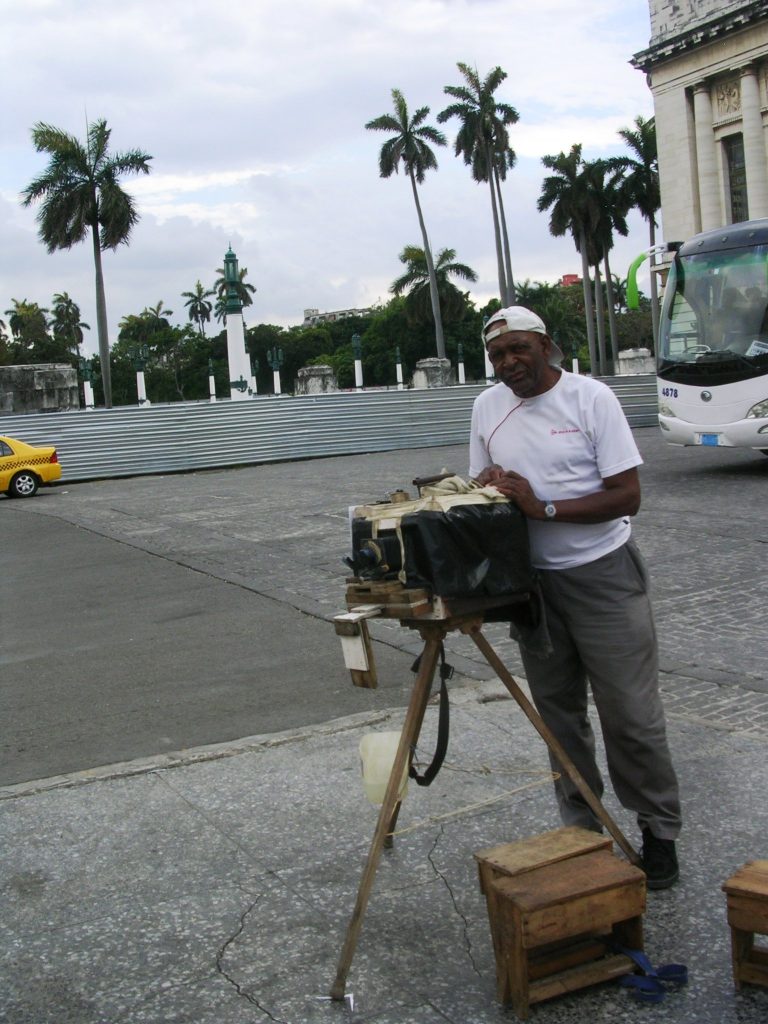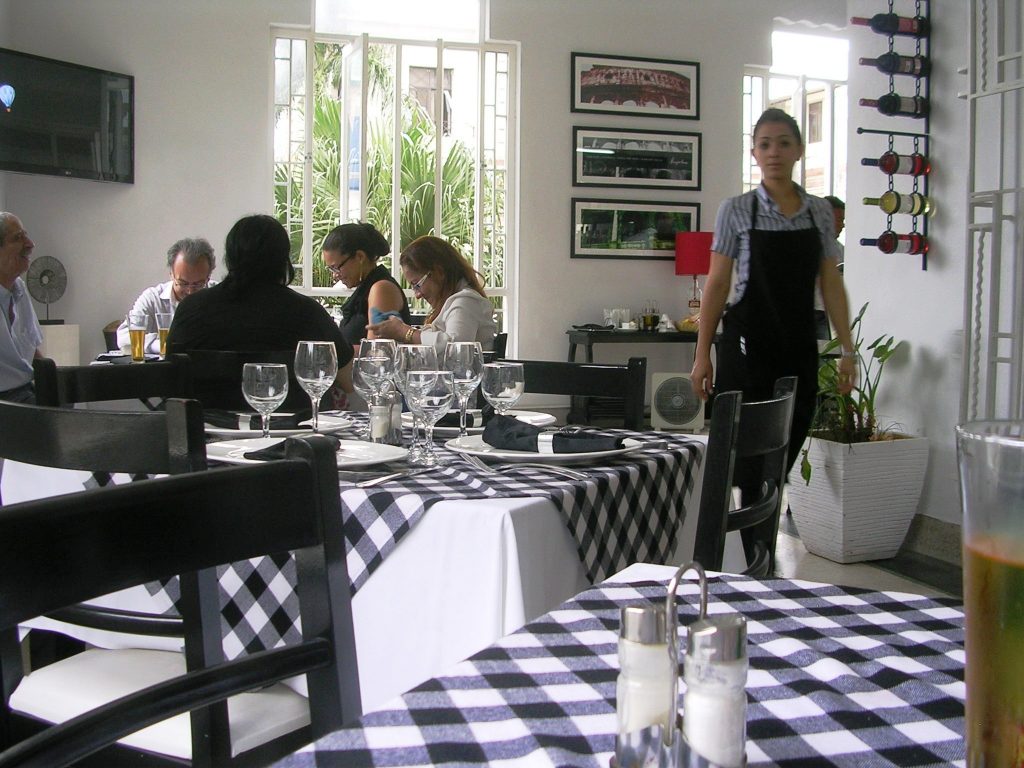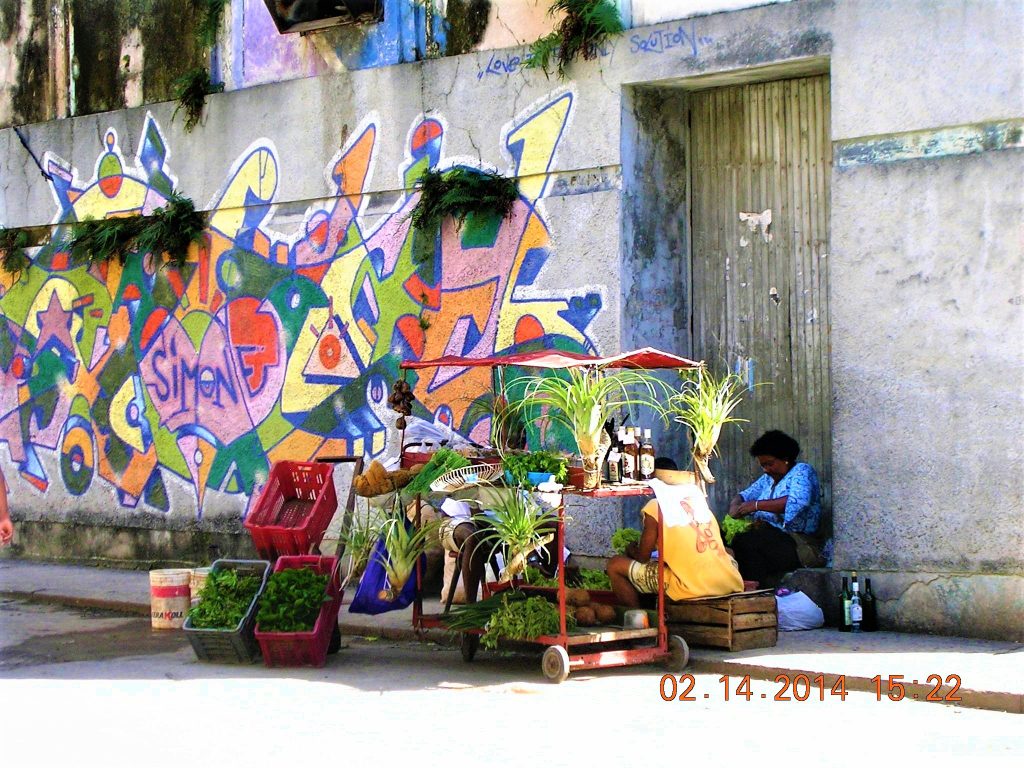By Michael Wiggin*
HAVANA TIMES, April 14, 2021
Original Article: Efficiency and Freer Markets for Cuba
There is much to admire in Cuba in its commitment to principles of universal education, health care and equality. Yet, something is not working well enough and these commitments cannot be adequately supported. What jumps out is the potential benefits of a self-reorganizing of society made possible by free markets.
This observation became apparent when studying participatory democracy. It does not seem fair to write off Cuba as non-democratic when certain aspects of Cuban governance involve high levels of engagement of citizens in the elections of representatives at the municipal level and indirect elections at provincial and national levels.
In describing the activities of elected officials, much of their time seems preoccupied with the central administration of bakeries not working well, deterioration of buildings, lack of local services, line-ups at grocery stores etc. Topics that would rarely, if ever, attract the attention of elected officials in free market societies.
If a bakery provides poor service, someone establishes another and provides better service. A lack of local services becomes a recognized need and an opportunity for someone to set up a business to serve that need.
Local contractors compete based on affordability and quality of service. There should be no need to wait for the next council meeting in several months with follow-up another six months later.
A freer marketplace allows for timely improvements and creation of new services with little or no effort by government and greater overall efficiency.
I respect that it is not as simple as that. A bakery unable to get flour is not able to bake bread. A grocery cannot provide vegetables if they are rotting in the farmers’ field because of transportation problems or fuel shortage. However, even these difficulties will generate needs that enterprising individuals can address and improve.
Gradually, the improved efficiency in providing services and products will lead to an improvement in the overall economy. This is already very evident through the expanding activities of innovative cuenta propistas (self employed).
It is therefore important to look at free markets as an important aspect of how people behave not as ideology – not as capitalism. Free markets are possible in conjunction with Cuban societal commitments to fairness and equality.
Keynes observed that while excessive inequality is undesirable, a little inequality is a driver for improvement, a way for people to do a little better.
Accordingly, the objective should be to limit excessive inequality. Successful societies apply progressive, but not punitive, income taxes and inheritance or wealth taxes.
A continued stress on a commitment by individuals to a well-functioning fair society could allow Cuba to benefit from the efficiency of free markets and, at the same time, better support Cuban principles and objectives.
Raul Castro did say that he would move forward, carefully, but without pause. He also said the Cuba has to learn, even from capitalists.
Unfortunately, it is during times of change that people get dissatisfied as the desire for change outstrips the rate of change. I think that now is such a time and Cuba should open up more rapidly to free market philosophies without compromising Cuban commitments and principles.
*A Havana Times guest writer from Ottawa, Canada




